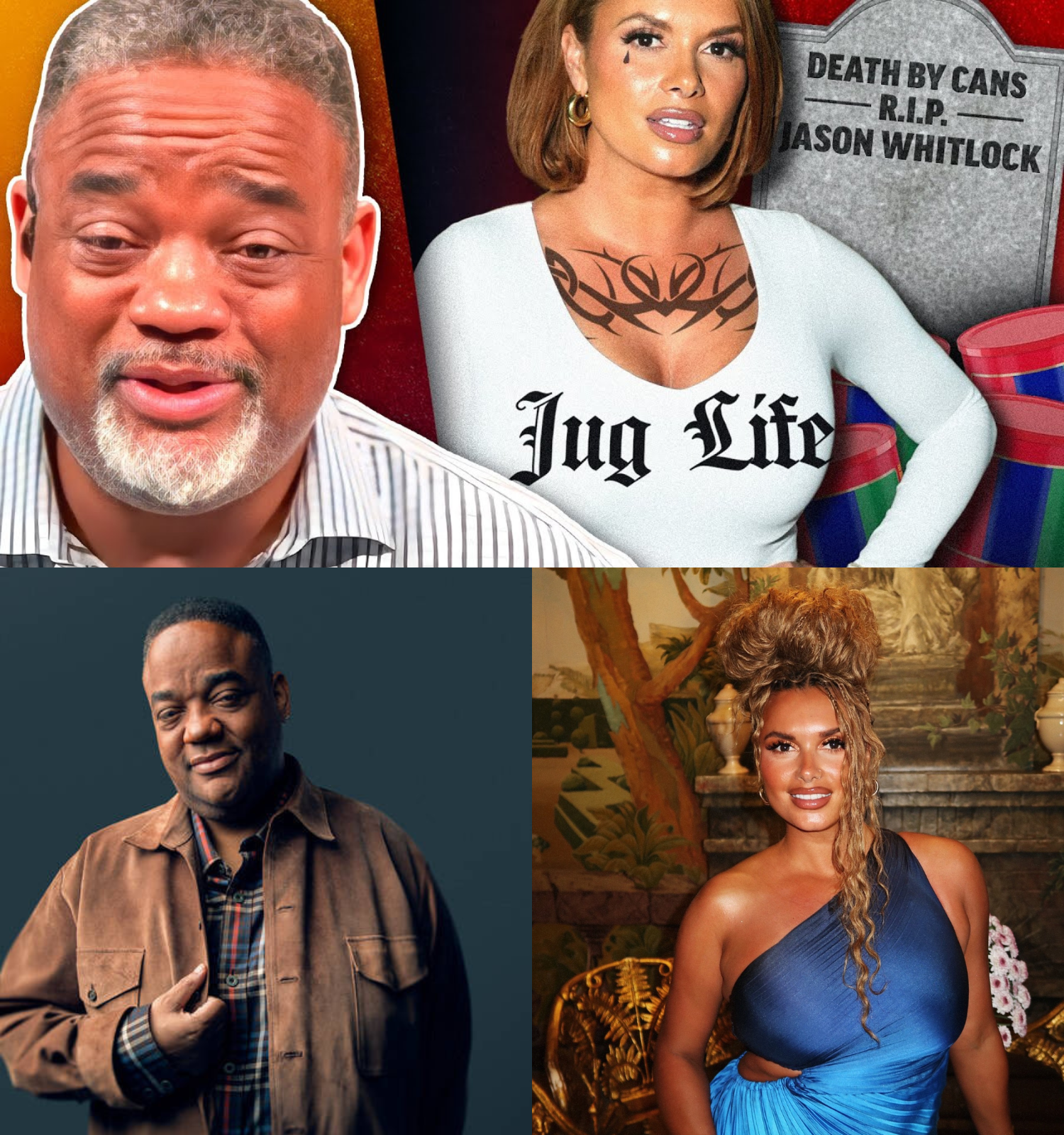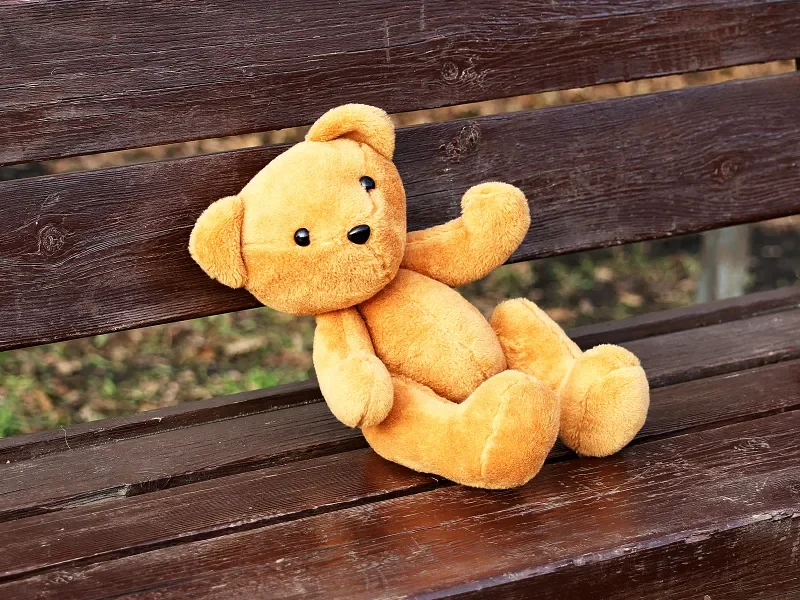Joy Taylor vs Jason Whitlock: A Clash of Voices in Modern Sports Media
In the increasingly charged world of sports media, personality clashes are not uncommon. But few feuds have felt as personal and as culturally significant as the ongoing tension between Joy Taylor and Jason Whitlock. Both are outspoken, both are intelligent, and both have carved out bold identities in a landscape where commentary often blurs the line between journalism and entertainment. Yet their opposing views—and the clear disdain between them—highlight a much larger conflict brewing beneath the surface: one about race, gender, culture, and who gets to define the narrative in American sports.
The Spark Behind the Feud
Jason Whitlock, known for his unapologetically conservative takes on race and culture in sports, has been a controversial figure for years. He’s drawn criticism for downplaying systemic racism, criticizing movements like Black Lives Matter, and frequently targeting athletes and media figures he believes promote victimhood culture.
Joy Taylor, on the other hand, has made her name as a sharp, progressive voice who doesn’t shy away from calling out injustice, especially when it comes to racism, sexism, or inequality in sports. Her role on Fox Sports and later “The Herd” with Colin Cowherd gave her a platform to offer commentary that often directly contrasts with Whitlock’s ideology.
The conflict intensified when Whitlock publicly questioned Taylor’s credibility and motivations, dismissing her viewpoints as being rooted in identity politics. He accused her of being part of the “woke mob” and suggested she uses race and gender to shield herself from criticism. Taylor, never one to remain silent, responded forcefully—not by name-calling, but by doubling down on her values and taking pointed aim at those she believes weaponize “free speech” to silence others.
More Than Personal: A Cultural Divide
What makes this clash particularly fascinating is how representative it is of a broader cultural war happening within sports media. Whitlock represents a faction that sees modern progressivism as a threat to traditional values. He’s positioned himself as a truth-teller fighting against a “liberal agenda” in media. To his supporters, he’s a brave voice in a sea of conformity. To critics, he’s out of touch and often punches down.
Joy Taylor’s supporters see her as a necessary counterbalance—a voice that brings nuance, empathy, and a grounded sense of reality to conversations often dominated by outdated perspectives. She doesn’t just talk about sports; she talks about what they mean in the real world. To her critics, however, she’s emblematic of a media elite that’s more concerned with activism than analysis.
Their feud isn’t just a matter of differing opinions—it’s a reflection of America’s cultural crossroads. It’s about who gets to lead the conversation, whose experiences are centered, and how truth is defined in a hyper-partisan environment.
The Gendered Layer
There’s also a clear gender dynamic at play. Female voices in sports media have always had to fight harder for credibility. When they speak out, they’re often labeled “emotional” or “angry,” while men are seen as passionate or fearless. Joy Taylor, like many women in the industry, has had to push back against that double standard.
Whitlock’s comments, which often carry a condescending tone toward women in media, fit into a broader pattern. He’s been accused of undermining female journalists by questioning their legitimacy—something that has made his clashes with Taylor feel particularly charged. Taylor, for her part, has never backed down, continuing to call for accountability, equality, and fairness in how sports stories are told.
Impact on the Audience
This public feud has had a polarizing impact on audiences. Some viewers rally behind Whitlock’s no-holds-barred style, praising him for “saying what others are afraid to.” Others see Taylor as a necessary voice for the times—someone who reflects the evolving values of younger, more diverse sports fans.
Interestingly, neither of them seems particularly interested in changing the other’s mind. Their back-and-forth has less to do with conversion and more to do with drawing ideological lines in the sand. Each has built their brand, in part, on being the antithesis of the other.
Why It Matters
At its core, the conflict between Joy Taylor and Jason Whitlock isn’t just about sports—it’s about the future of media, and who gets to shape it. As traditional media struggles to adapt to new audiences and new realities, figures like Taylor and Whitlock become symbols. They’re not just talking heads—they’re battlegrounds in a larger fight over whose voice counts.
In an ideal world, the tension between them might lead to more nuanced discussions about race, gender, and politics in sports. But in our current media climate, it more often fuels division. That said, these debates are important. They force audiences to think critically, to question their assumptions, and to recognize that sports—like everything else—is never just about the game.
Conclusion
Joy Taylor and Jason Whitlock represent two very different visions of sports media. Their ongoing conflict isn’t just a clash of egos—it’s a symbol of deeper cultural battles playing out in real time. Whether you agree with Taylor’s progressive lens or Whitlock’s contrarian stance, one thing is clear: both voices are shaping the future of sports commentary. And as uncomfortable as their feud may be at times, it reflects the kind of tension that, in the end, might help push the conversation forward.


